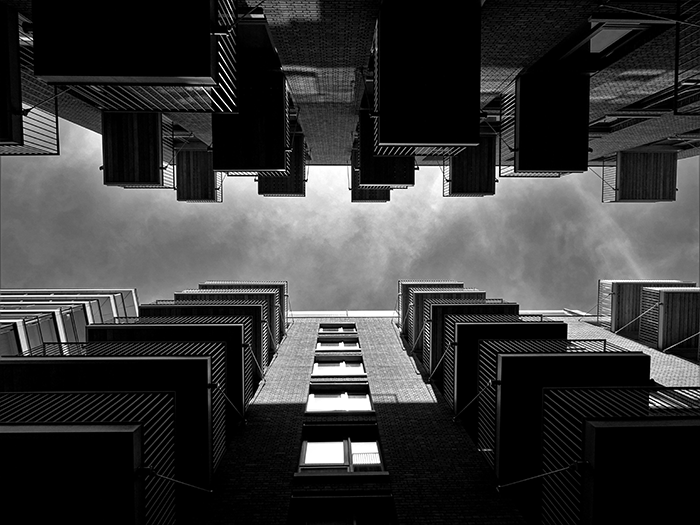2025-10-05
residential

Across Central Europe, residents of apartment buildings are paying more each month as service charges climb, driven by energy, insurance and renovation costs. While these increases often reflect genuine expenses, concerns remain about the lack of transparency and the potential for mismanagement in some housing associations. Austria offers the clearest benchmark, with official statistics showing average operating costs of around €2.5 per square metre per month in 2025, roughly €165 for a mid-sized flat. In Poland, the Czech Republic, Hungary and Slovakia, no unified datasets exist, leaving residents reliant on local administrators and housing cooperatives. Charges vary widely, from Czech repair-fund contributions of 10 to 50 CZK per square metre, to Polish examples where monthly bills for a 75 m² flat can reach close to PLN 900. Hungarian common costs start around HUF 7,000–15,000, with sharper rises in buildings affected by higher insurance premiums. Much of the recent growth stems from energy and insurance markets, along with new safety and maintenance requirements. Still, isolated corruption cases—such as investigations into Polish cooperatives by the Central Anti-Corruption Bureau—have fueled suspicion. Though case-specific, they highlight weaknesses in oversight and management practices. Tenant organisations and consumer advocates report increasing frustration over unclear billing. Even where charges are legitimate, explanations are often lacking. In response, some governments are tightening rules. Hungary has introduced a national register of condominium managers, Slovakia and the Czech Republic legally define eligible uses of repair funds, and Austria publishes detailed cost data that allow residents to benchmark their payments. The European Union’s climate policy is another factor shaping charges. Under the Energy Performance of Buildings Directive and the Renovation Wave initiative, apartment associations are expected to prepare for major efficiency upgrades. These measures may increase contributions today but are intended to reduce long-term energy costs. Compared with Western Europe, Central Europe’s average charges are not unusually high, but the lack of consistency and transparency remains a challenge. Germany and the Netherlands, for instance, require detailed annual statements that can be contested in housing courts. In Central Europe, the absence of comparable standards leaves residents more exposed to disputes and uncertainty. The outlook suggests that rising service charges will remain a feature of the region’s housing market. Experts argue that transparency, professional management and regional benchmarks are essential to protect affordability while ensuring buildings remain safe and prepared for Europe’s climate goals. Editorial Note: This analysis reflects independent and prospective views. It is intended for informational purposes only and should not be considered financial, legal, or investment advice.

